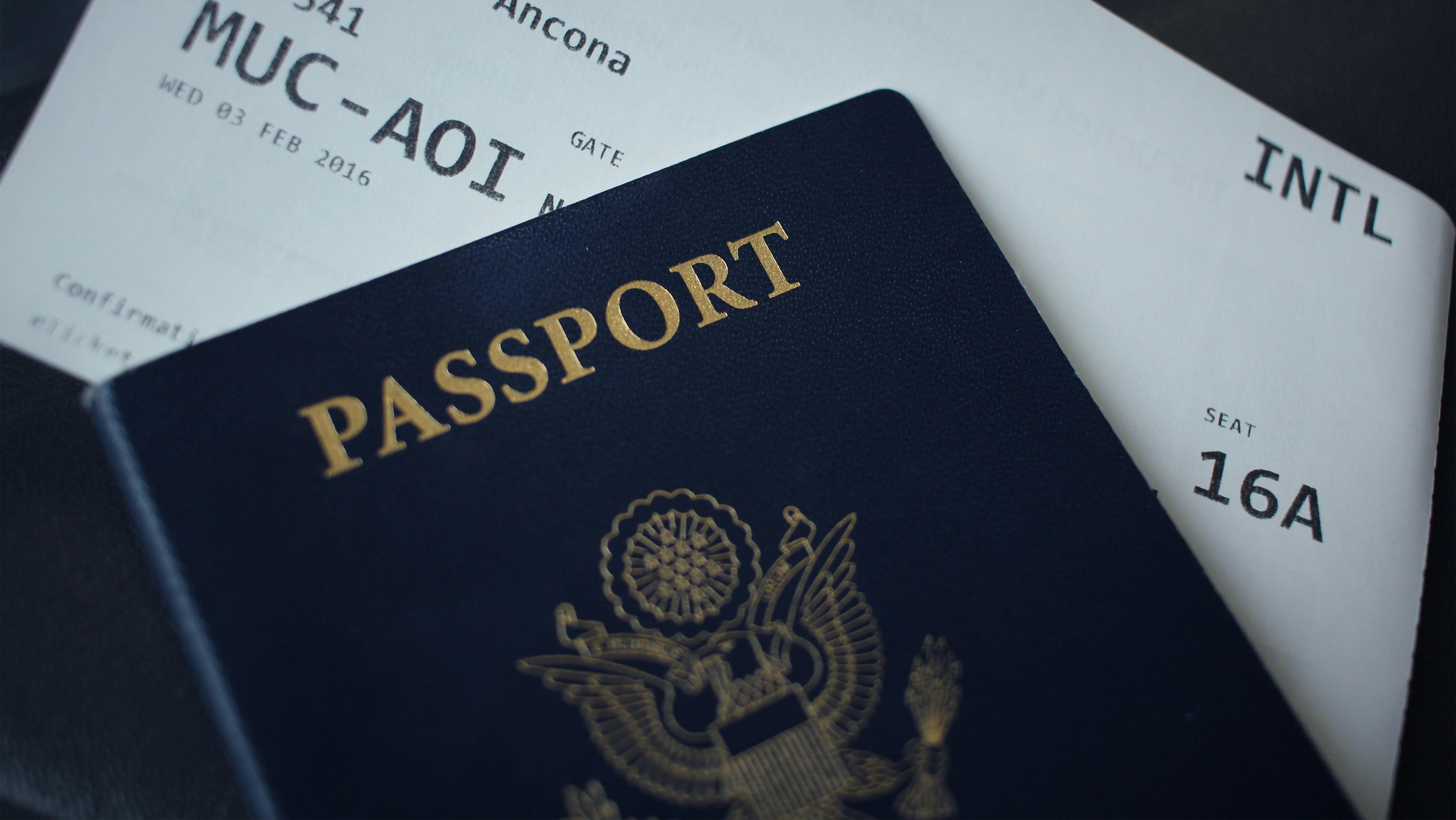Singapore has been named the country with the world’s most powerful passport, as Asian countries continue to lead the global mobility race.
According to the latest Henley Passport Index, the Singapore passport has visa-free access to 193 out of 227 destinations globally.
South Korea and Japan narrowly trail behind in equal second place, each granting citizens the ability to access 190 destinations visa-free.
Europe remains strong, occupying the rest of the top five, with seven European Union passports sharing in third place and another seven in fourth place.
The only country to challenge this European dominance was New Zealand, which reached fifth place alongside Greece and Switzerland.
The country with the weakest visa was Afghanistan, with its citizens only able to access 25 destinations without a visa.
Once the most powerful visas in the world, the United Kingdom and the United States have now fallen a place in the rankings since January to sixth and 10th place, respectively.
This follows a long-term downward trend, with U.K. citizens able to visit 186 destinations while the U.S. trails with 182.
For the first time in the index’s 20-year history, the U.S. is at risk of losing its top 10 spot.
As for the highest risers, India recorded the largest jump over the past six months, rising eight places from 85th to 77th, despite only adding two visa-free destinations. Saudi Arabia made the largest jump in visa-free access, adding four new destinations.
“The consolidation we’re seeing at the top underscores that access is earned — and must be maintained — through active and strategic diplomacy,” inventor of the passport index concept Dr Christian Kaelin said.
“Nations that proactively negotiate visa waivers and nurture reciprocal agreements continue to rise, while the opposite applies to those that are less engaged in such efforts.”
Asia-Pacific has become a leading driver of global travel, with China’s newfound openness leading the regions strategy to attract more visitors.
China has allowed visa-free access to a dozen new countries, bringing its openness score to 75 nations, when it sat at under 20 just five years ago.
According to the International Air Transport Association’s director general, Willie Walsh, overall air travel showed strong growth of 5.8% in the first five months of 2025.
“Asia-Pacific airlines led the way with 9.5% growth. In North America, international traffic grew by 1.8%, but this was offset by a 1% contraction in the domestic market, leaving demand effectively flat over the period,” Walsh said.
“Importantly, despite economic and geopolitical uncertainties, consumer confidence appears to be strong, with robust forward bookings for the peak Northern summer travel season giving good reason for optimism.”



